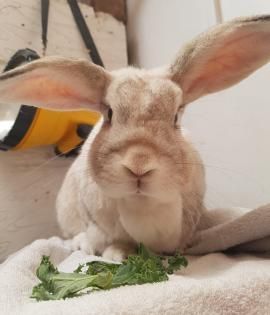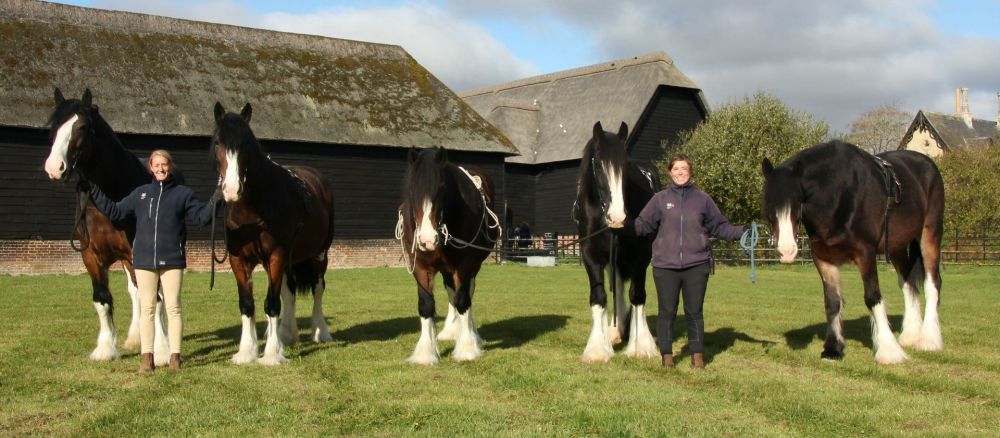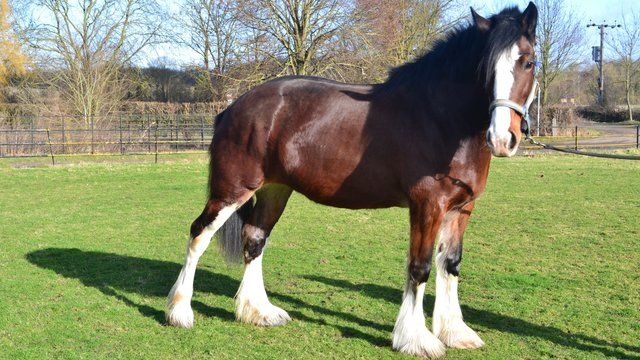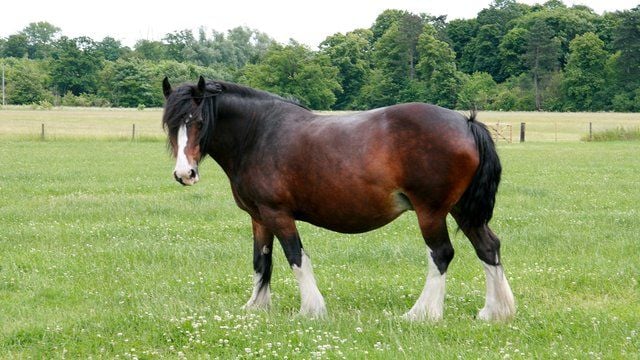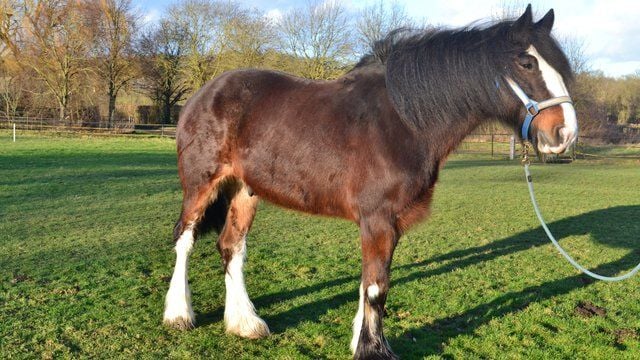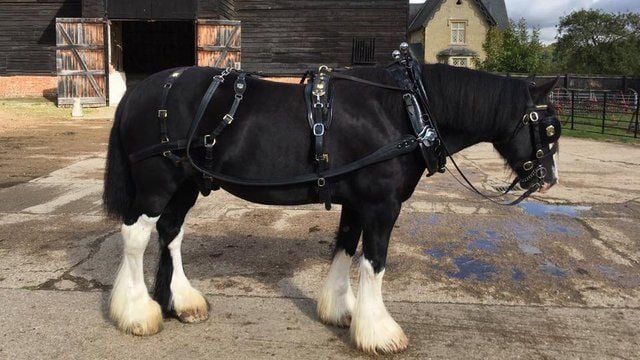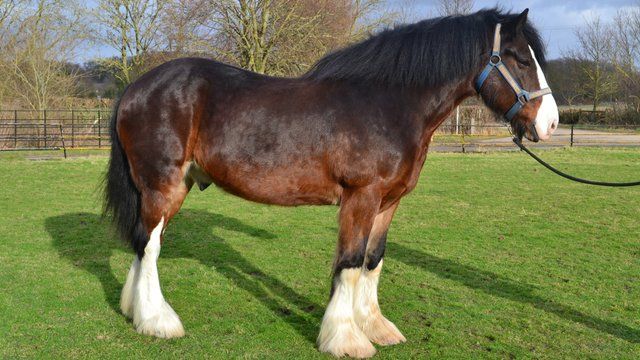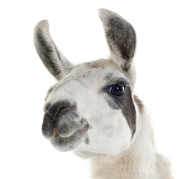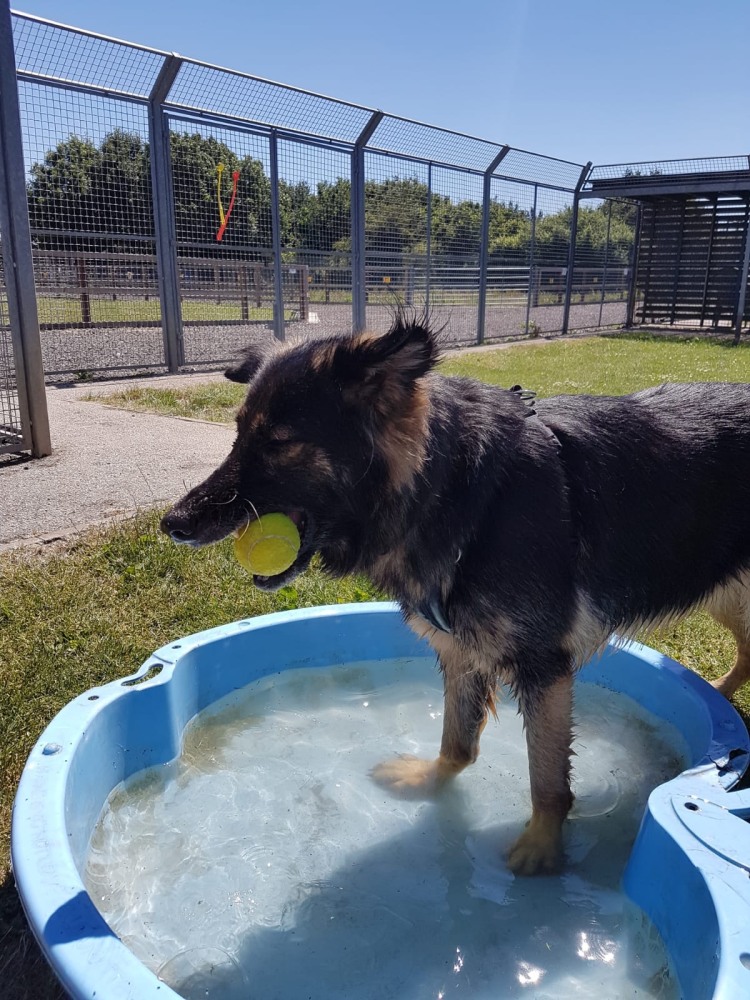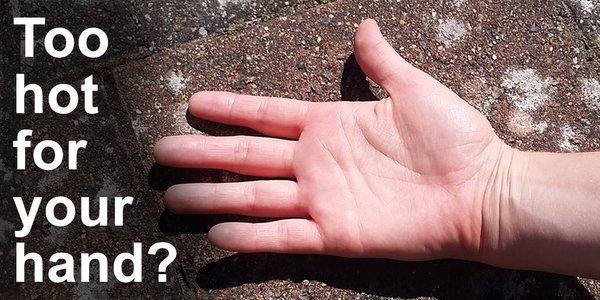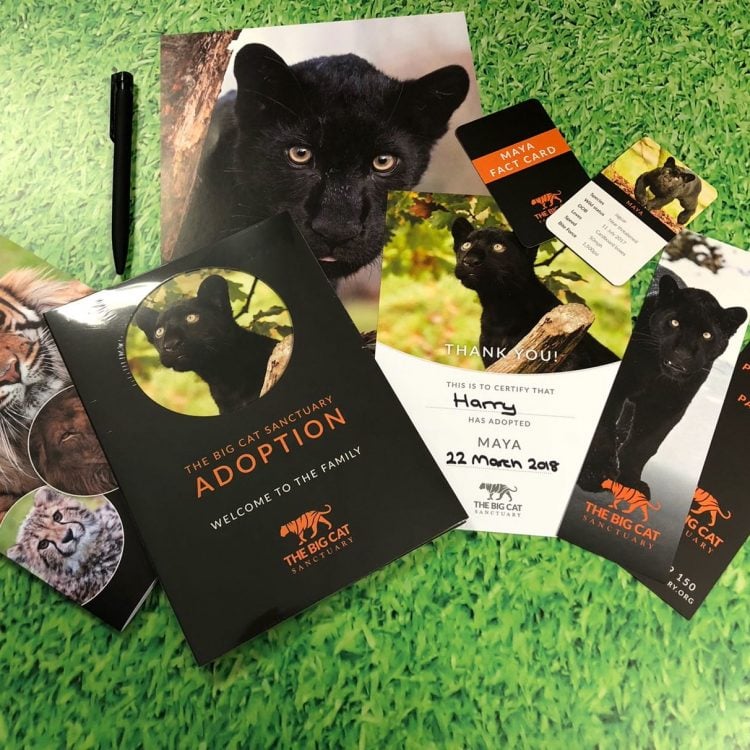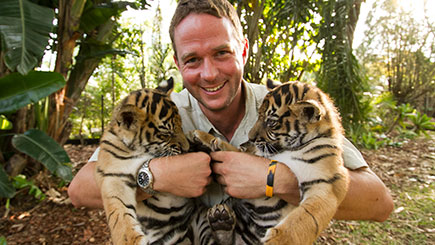Grizzly Bear Cubs and Me, with Gordon Buchanan on BBC2
Posted on
|
Don’t miss this! On Tuesday and Wednesday, 18 and 19 December 2018, don’t miss the opportunity to see Gordon Buchanan as he re-habilitates six orphaned grizzly bears into the Russian wilderness. The programme is called Grizzly Bear Cubs and Me and it’s at 9pm on BBC2 and it should be absolutely amazing. Gordon joins the Pazhetnovs, a family of biologists, who work to re-habilitate orphaned baby cubs. There are over 100,000 grizzlies in Russia but there is increasing conflict with humans as people encroach into the wilderness. Cubs are abandoned every year as their mothers are disturbed in their dens. The Pazhetnovs have been helping bears for 30 years and when Gordon arrives in February, they have rescued 6 cubs. They are five weeks old and weigh less than a bag of sugar each. Two of them were dumped in a bin in Moscow. Two were found outside a vets in a box in St Petersburg. Two were handed in by loggers who scared their mum away. So the task at hand is to introduce the cubs to the wild in nine months. Will Gordon succeed? The second episode shows the bears going through a training programme, learning how to forage and how to swim. They also have to put on enough weight to make it through the Russian winter. And what’s more, there’s a test at the end to see if they are ready to survive in the wild. Will they all make it? Visit the Grizzly Bear Cubs and Me’s website – there are some clips from the episodes you can watch if you can’t wait. PS You can meet a bear at Dartmoor Zoo in Devon with a Bear Encounter for Two - Virgin Experience Days have a gift experience for two people for £129.00. This is a great chance to meet Hayley the bear, watch a training session and provide food and enrichment for her. Find out more here from Virgin Experience Days
|

